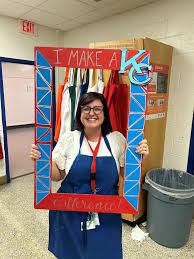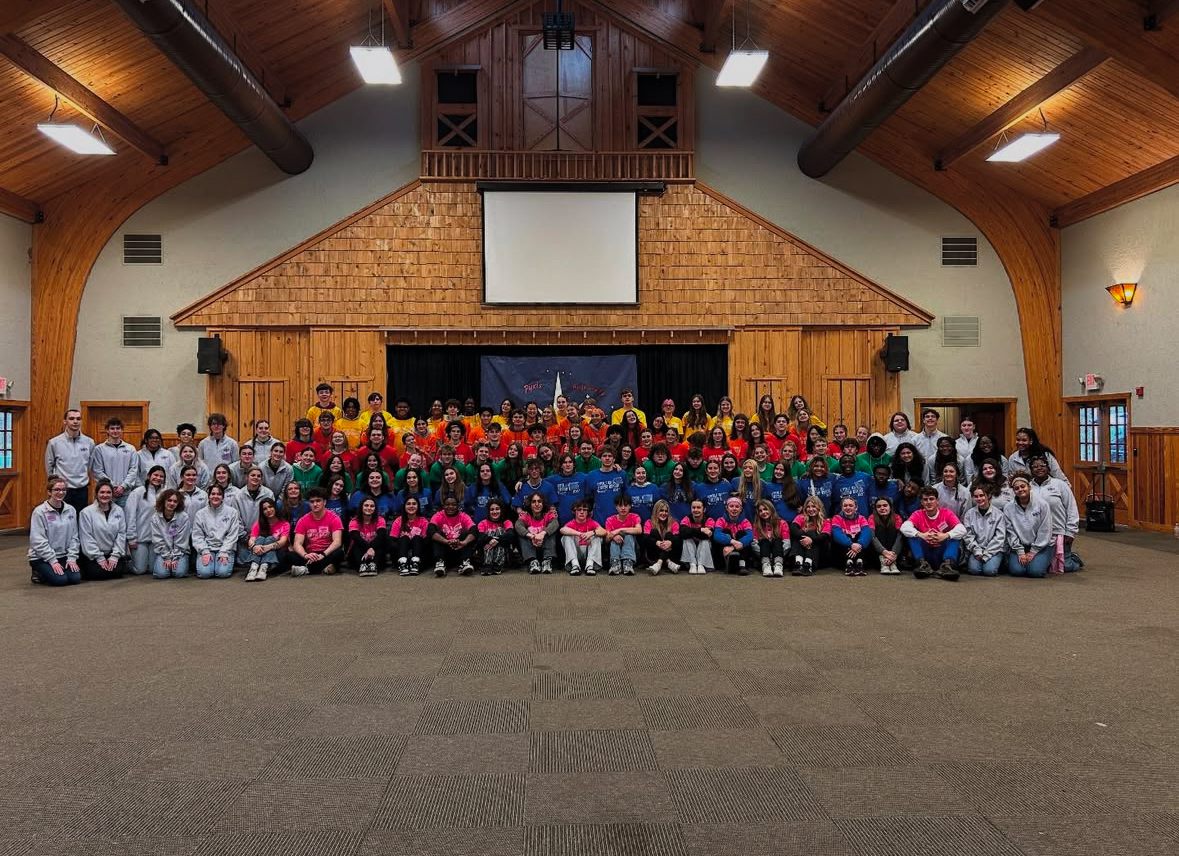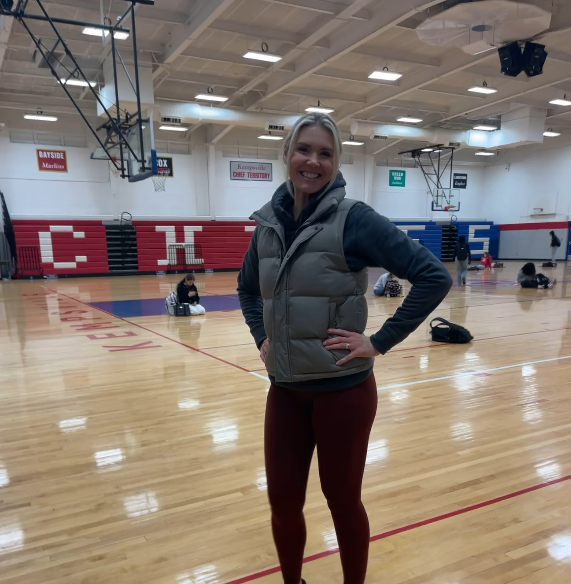College, college, college. Even just hearing the word may send immense stress through students’ veins. Picking out the perfect place to go or deciding whether or not they want to go at all. There’s so much preparation and decision making around this topic for high school students.
Of course there are many alternate paths than attending college, so Kempsville High School offers AVID courses that help students plan their paths whence they graduate.
“I think the class that I teach is to prepare for life outside of high school… whether it is self employment, whether it is a business of your own, whether it’s a college degree which can get you a professional career or the military, AVID supports all of that,” explains Mrs. Nurse, an AVID teacher here at KHS.
Mrs. Nurse attended Norfolk State University and said that she “definitely felt welcomed, felt included, felt seen. It was a great time, a great experience.”
The structure of a four-year university well suited her, she stated that she “definitely appreciated it, I was able to adapt.”
But she also noted that “I don’t force four year colleges. I suggest TCC if you don’t really have a plan, or don’t know what to do.”
That is definitely something for students to consider when planning their future. It’s important to make sure you have at least a broad idea of what you want to do the second you turn that tassel to the other side of your cap. If you’re still not so sure what path you want to take, just like Mrs. Nurse said, it’s a good idea to think of attending TCC. Community college is the perfect approach to continuing your education on a cheaper and easier level.
Ms. Mounce, an English teacher here at Kempsville, attended TCC before transferring to ODU after gaining her associate’s degree. She “was able to save a ton of money while taking the same courses I would have had to take at a four year university. In the end, I got the credit hours at a cheaper rate.”
Community colleges are certainly more affordable than universities and the schedules are far more accommodating at community colleges versus a four year.
“I can’t speak for a four-year university because I didn’t go to one, but compared to what my friends at the time were telling me and experiencing, I would say it’s a really similar experience,” Ms. Mounce noted.
A lot of students think of community colleges as lesser than a university, but an affordable education doesn’t mean inferior quality.
Yet, according to Ms. Mounce there were “a couple of outliers of professors that it was very obvious that it was their part time job or that they were just doing it for fun. Every now and then they would either not show up for class or after fifteen minutes the students would just dip out. Again, I heard that a lot of my friends had a bad experience with the four year university that they went to.”
Indicated in an article by the University of Bridgeport “most four-year universities require standardized test scores like the SAT or ACT for admission, community colleges do not. Instead, upon admission, students will take an assessment test to determine the level of courses they should enroll in.”
The easier enrollment process for a community college opens up a door of opportunity for students. While community college is focused on attaining an associate degree, the school does offer transferable credits.
“Every semester I took about eighteen credit hours, which is the max that you can take without getting approval to take more. I was a full-time student for a year and a half at TCC and then I got my associates degree in general education and then I transferred that to ODU where I finished with my bachelors degree,” Ms. Mounce added.
It’s a great benefit to be able to transfer credits from a community college to a university if that’s the route you end up taking. It’s also important to understand that since community college really only offers the attainment of an associate’s degree, so if you’re planning on going farther than that diploma, you may want to consider choosing a university that offers more majors and degrees. Unless you’re completely fine transferring your credits like Ms. Mounce did.
“There are some degrees that are terminal, meaning that they are the last degree that you can get on that path and they’re required. So for example, to be an engineer you’re required to get a bachelor’s in engineering and then that opens the door for engineering. If you don’t have that degree, you can’t go down that path… So it really just depends on the field that you’re looking at,” comments Ms. Donner, counselor at KHS.
Generally, these are things you think about when applying to the college of your choice. When it comes time to select your classes, it’s a good idea to contemplate which ones will benefit the degree you’re going for. It’s optimum to center your classes around the major(s) and minor(s) you choose.
Ms. Donor noted that “…some schools will open doors, you know like if they see a certain school then they’ll… see the association to that certain school so you open the door, or say somebody on the hiring committee sees that you went to a school they know that’s a caliber. But is it required to go to a specific school to get into a job? No, no, not at all.”
Phew! You can catch your breath now. Maybe in the past you would’ve been offered more jobs if you went to Harvard or Princeton, but now the college you go to doesn’t necessarily have to be prestigious in order to get your dream job. Of course you want to get the best education you can, but it’s not a necessity to attend an ivy league school if you can get a similar quality education for less at a community college.
“I feel that the majority of the students I meet with lean towards colleges they know other people have gone to or those people who share their experience share positive experiences. When I meet with students, I recommend that they go themselves and experience it because what one person might experience can vary completely from another person,” says Ms. Donner.
So whether you decide to go to Harvard, JMU, or TCC, the ultimate decision lies in what you, the student, plan on doing. There are many things to consider when selecting your choice, such as what kind of college you want to go to, whether you want to attend one at all and if not, deciding what that means for your future and the next steps you have to take in achieving your vision.















